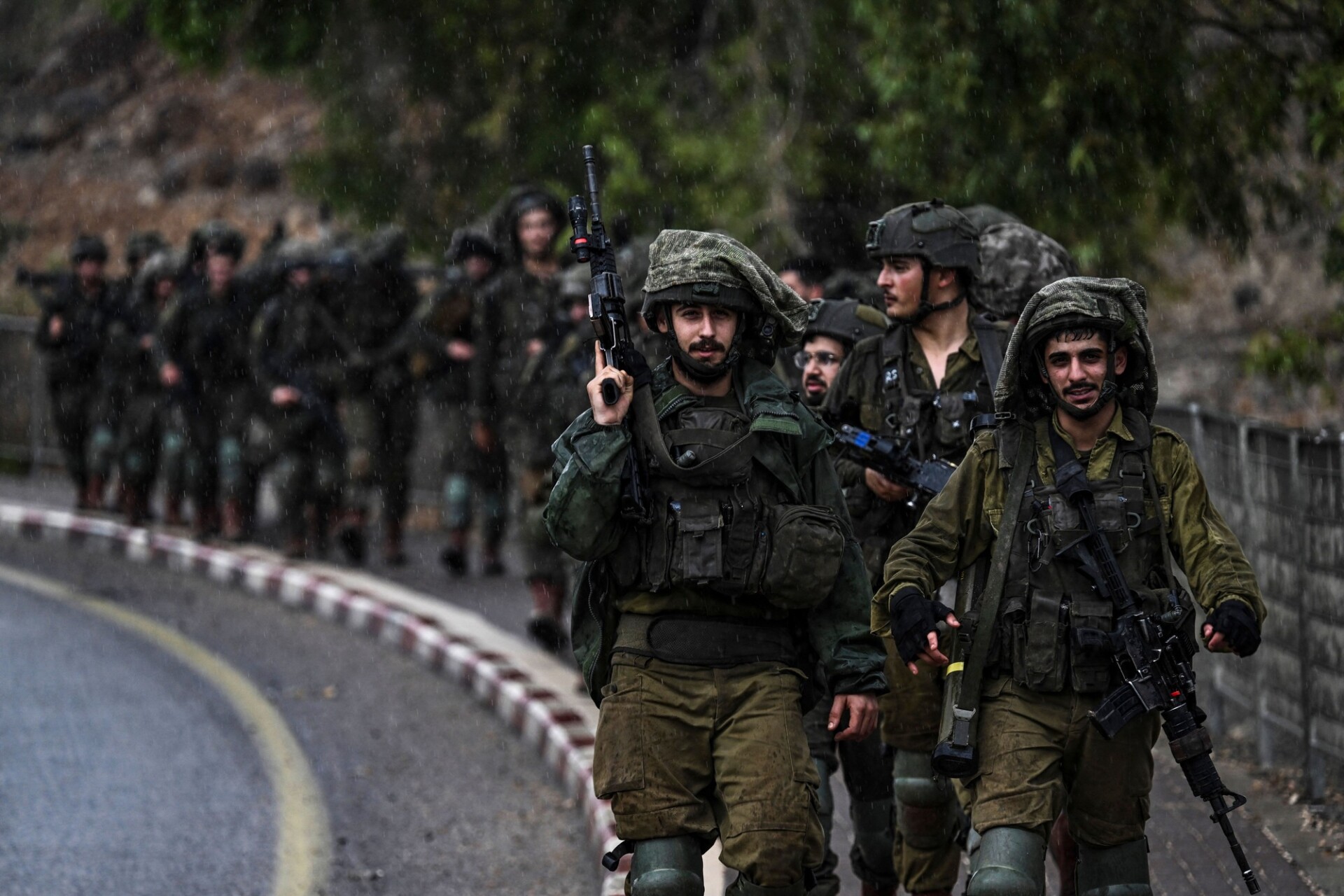The ceasefire announced between Israel and Hezbollah in Lebanon enters into force today. It does, however, contain several flaws.
The key problem is enforcement. The framework for this ceasefire is United Nations Security Council Resolution 1701, which ended the previous Israel-Hezbollah war in 2006. The Resolution said there would be a 12-mile zone between the “Blue Line” (Israel-Lebanon border) and the Litani River that was “free of any armed personnel, assets, and weapons other than” those of the United Nations Interim Force in Lebanon (UNIFIL) and the Lebanese Armed Forces (LAF).
Resolution 1701 also called for the “full implementation of the […] Taif Accords”, which ended the Lebanese Civil War in 1989 and “require[d] the disarmament of all armed groups in Lebanon”. This was clearly a reference to Hezbollah, the Lebanon-based branch of Iran’s Islamic Revolutionary Guards Corps (IRGC).
The premise of Resolution 1701 was ludicrous: there is no LAF to fill a vacuum left by Hezbollah. The LAF is an agglomeration of hostile sectarian militias, partly created and thoroughly infiltrated by the IRGC. As for UNIFIL, it was at best indifferent as Hezbollah built up its bases and forces along the Israeli border over the last 18 years.
The current ceasefire deal has set a 60-day timetable for Israel’s troops to fully withdraw from southern Lebanon. After that period, the vacated territory is supposed to be patrolled by UNIFIL and the LAF, with Hezbollah pulling back north of the Litani, and all non-official groups to be disarmed and dismantled in due course.
This time, the only new aspect is the introduction of an international “committee”, including the United States and France, to monitor implementation. Israel has protested against French involvement because of the country’s longstanding relationship with Lebanon. But the larger problem is that there is no force on the ground able and actually willing to compel Hezbollah’s compliance so, committee or not, this is a replica of the situation created by Resolution 1701.
Some Israeli commentators have argued that since Israel has bested Hezbollah, the threat from the group has been neutralised: the cost of continuing the war to finish Hezbollah entirely outweighs the benefit. There is some truth to this, and it is probably correct to say that the total elimination of Hezbollah is impossible. But the problem is that Hezbollah is not yet neutralised — in just the last few days, the terrorist group has fired hundreds of missiles into Israel. The key Israeli war aim in Lebanon was to degrade Hezbollah to the point that it was safe for the 70,000 displaced Israelis in the north to return. How many of them will realistically come back?
It is an open question whether these terms can sustain a ceasefire even for the 60 days needed for the first phase of implementation. Israeli Prime Minister Benjamin Netanyahu said in his statement last night that one of the reasons he agreed to this ceasefire was to allow his country’s army a “breather”, and that might well be the deal’s main practical effect. In the meantime, Netanyahu is now on surer political footing, appearing cooperative in advancing a ceasefire that both President Joe Biden and President-elect Donald Trump want. What’s more, he has secured Biden’s public support for Israel’s right to self-defence if and when Hezbollah violates the deal.










Join the discussion
Join like minded readers that support our journalism by becoming a paid subscriber
To join the discussion in the comments, become a paid subscriber.
Join like minded readers that support our journalism, read unlimited articles and enjoy other subscriber-only benefits.
Subscribe